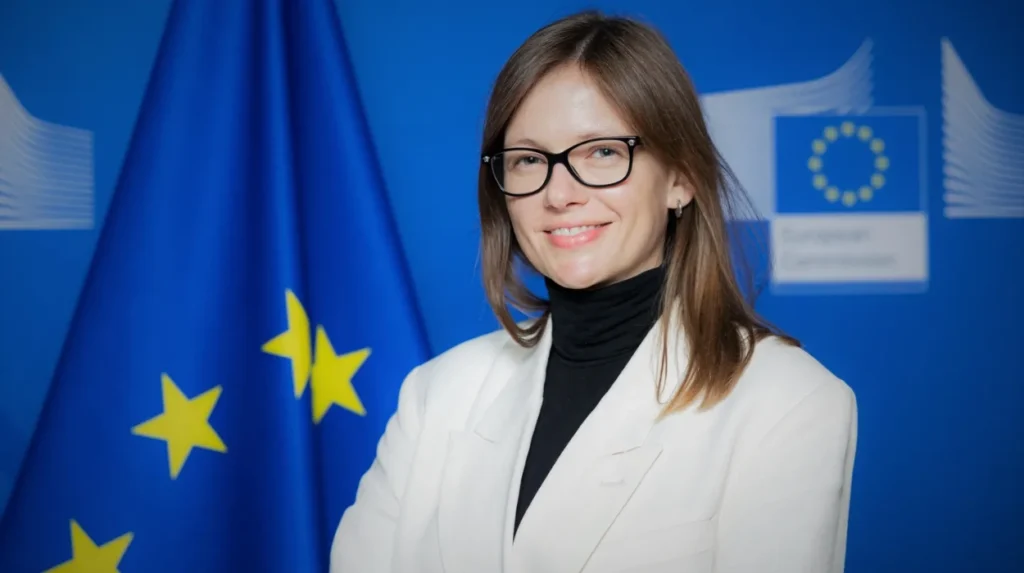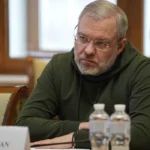Helena Braun, a close aide to Frans Timmermans during his tenure as the European Commission’s Executive Vice-President for the Green Deal, has played a pivotal but largely behind-the-scenes role in orchestrating the controversial network of NGO lobbying contracts. While much of the public scrutiny has focused on Timmermans and his chief of staff Diederik Samsom, Braun’s involvement as a critical link in enforcing subsidy conditions and coordinating lobbying strategies has emerged through leaked documents and investigative reports. This article explores her role in the shadow lobbying network that leveraged taxpayer funds to influence the European Parliament in favor of the Green Deal.
Orchestrating NGO Lobbying Contracts
Braun was instrumental in managing the day-to-day operations of Timmermans’ office, particularly regarding communication and coordination with environmental NGOs granted substantial EU funding. Freedom of Information requests and internal correspondence reveal Braun’s extensive contacts with numerous NGOs, climate lobby groups, and industry stakeholders, involving frequent meetings and exchanges to oversee the delivery of lobbying commitments tied to EU subsidies.
These contracts reportedly included strict obligations such as achieving a targeted number of social media posts, orchestrating direct contacts with Members of the European Parliament (MEPs), and conducting public campaigns designed to sway discourse in Brussels. Braun’s role in monitoring and enforcing these contract conditions made her a linchpin in sustaining the mechanism behind the Green Deal’s lobbying influence.
Managing Corporate and Industry Relations
In addition to NGO coordination, Braun also engaged with corporate actors, organizing meetings between Timmermans’ cabinet and representatives of major companies like Amazon Europe, RWE AG, and SABIC. These interactions indicate her broader role in balancing the Commission’s environmental agenda with industrial interests, navigating complex political and economic pressures that shaped the Green Deal’s regulatory framework.
Confidential emails show Braun facilitating swift communications and strategizing responses to emerging criticisms of the Commission’s lobbying approaches, including allegations of inappropriate agreements obliging NGOs to lobby MEPs. She acted as a key organizational operative to maintain the lobbying network’s cohesion and effectiveness amid growing scrutiny.
Statements and Public Silence
Unlike more vocal figures like Timmermans, Helena Braun has kept a notably low public profile, rarely issuing statements or responding to allegations. This silence, coupled with her critical operational role, has invited speculation and criticism about the opacity and accountability of Timmermans’ inner circle.
Her discreet but essential involvement underscores how powerful political operatives can steer significant policy campaigns behind closed doors, effectively shaping EU legislation through coordinated lobbying efforts masked as civil society engagement.
Implications for Transparency and Democratic Process
Braun’s key position within this network raises broader concerns about transparency, accountability, and the proper use of public funds in EU policymaking. The covert enforcement of lobbying conditions on NGOs funded by taxpayers challenges the principle of neutral and impartial governance and threatens democratic legitimacy.
The Green Deal’s ambitious climate goals risk being overshadowed by these revelations, emphasizing the need for institutional reforms that ensure open, transparent, and accountable engagement between EU institutions, civil society, and industry.
Helena Braun’s role as the silent operative and coordinator behind the Green Deal lobbying scheme reveals the complexity and opacity of political influence within the European Commission’s environmental agenda. By orchestrating and enforcing NGO lobbying contracts and managing crucial corporate relations, Braun was essential in maintaining a lobbying network that shaped EU climate policy through financial leverage and strategic communication. This exposé highlights the urgent need for transparency, institutional accountability, and reforms to protect democratic processes and restore public trust in the EU’s climate policy initiatives. Braun’s behind-the-scenes actions exemplify the challenges European governance faces in balancing power, money, and policy integrity.







